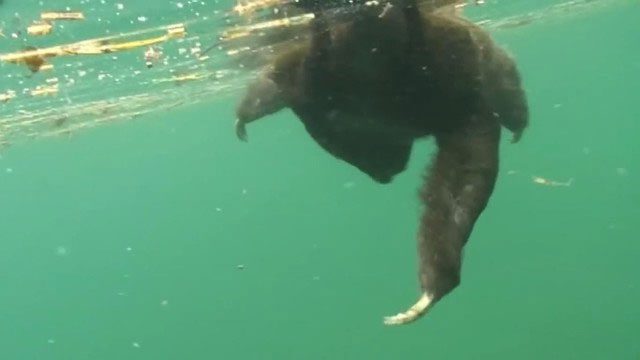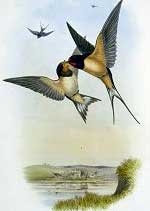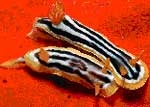“The heavens” do not take everything from anyone; when you lose one thing, you will gain another, just like the animals in the story below.
The sloth, scientifically known as Folivora, primarily inhabits the tropical forests of Central and South America. The defining characteristic of this species, of course, lies in its pace of life and activities. According to biologists, the sloth is the slowest mammal on the planet in terms of speed and lifestyle.
Most herbivorous animals supplement their energy sources with nutritious foods rich in minerals, such as seeds and fruits. However, the sloth, due to its extreme laziness, only needs to eat leaves, resulting in a very low metabolic rate that allows sloths to develop only about 25% of the muscle groups compared to other animal species.
Their calm demeanor towards everything around them leads many to believe that they are evolutionarily lagging behind the development of other animal species.
Yet, this is actually the evolutionary strategy of this animal to minimize nutrient consumption as much as possible.

Whether on land or in water, sloths maintain a cheerful expression.
Their slow movement helps sloths conserve a significant amount of energy, using 90% less energy than other mammals. Moreover, their sluggishness acts as a secret weapon that makes it difficult for predators to detect them. It is easy to observe that sloths move so slowly that predators like jaguars and eagles, which focus on the movement of their prey, find it hard to spot them.
Sloths are also unique animals capable of rotating their heads 270 degrees due to additional cervical vertebrae. This allows them to sense approaching predators from almost any direction, a particularly useful advantage since they spend nearly all their time motionless in trees.
If they find themselves being pursued by predators, the maximum speed a sloth can achieve is only 4 meters per minute, which means if they are chased, they might as well surrender to save energy.
With such a laid-back lifestyle, many wonder whether sloths can swim. After all, these animals do not seek food underwater, and swimming seems quite unnecessary for sloths.

Long arms give sloths an advantage for swimming faster.
In reality, the opposite is true; sloths not only can swim but are also excellent swimmers. As scientists explain, this may be due to reduced gravitational force underwater, allowing sloths to float rather than crawl through the treetops.





















































